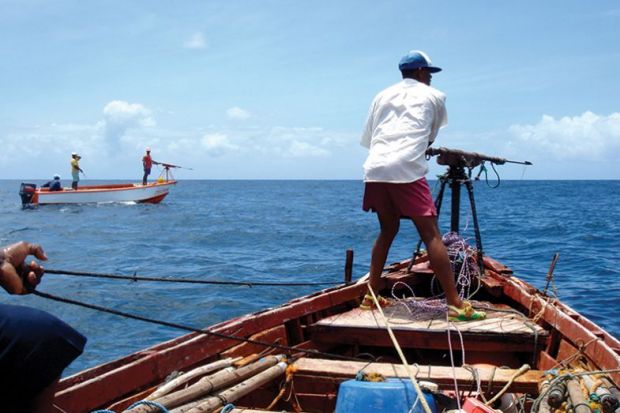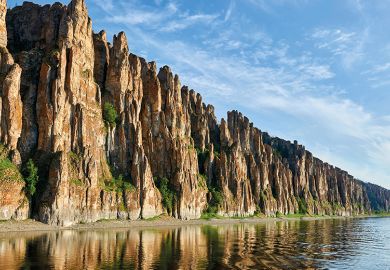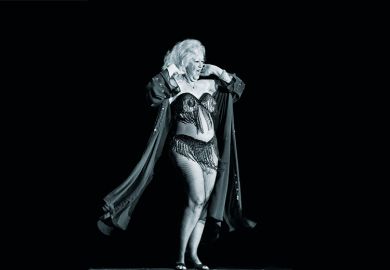It is the role of academics to ask difficult questions, which can sometimes take them into disturbing and even dangerous situations.
We have long celebrated such “extreme researchers” in our occasional features series, The Outer Limits, focusing on the people who work in fiercely hostile political environments, perilously remote regions or caves full of creepy-crawlies; among gangs, tribal warriors or dog-fighting communities.
Their own stories are compelling and often hair-raising, but they also bring back for the rest of us crucial insights into child labour, peace-making or criminal fraternities that would otherwise be unavailable, and which can feed into policymaking.
In a recent issue, I profiled Andrea Pető, a professor of gender studies in Budapest’s Central European University, whose discipline, institution and fundamental values are all being directly targeted in Hungarian prime minister Viktor Orbán’s “illiberal democracy”.
This week, I consider the work on artisanal whaling in the North Atlantic Faroe Islands and the Caribbean island of St Vincent carried out by Russell Fielding, assistant professor of environmental studies at the University of the South in Sewanee, Tennessee.
Fielding’s work certainly comes with its own challenges. He took a job on a fragile three-man Vincentian whaling boat, risking encounters with rogue waves and irate sperm whales. He tried to blend in with Faroese locals by forcing himself to eat blubber, which sounds like an almost uniquely awful culinary experience.
And he took his students to witness the notorious Faroese grindadráp – or whale drive – in which dozens of the animals are corralled on to beaches and slaughtered, turning the whole bay red with blood.
It is hard not to look at the graphic pictures and say simply: this must stop. And Fielding is certainly not trying to defend such practices (although he is not “sufficiently anti-whaling” for some campaigners and fellow researchers).
But he also wants us to think more carefully about why the grindadráp and small-scale Vincentian whaling continue; about sustainability and traditions that “connect [people] with their subsistence past”; about the double standards of often affluent outsiders who simply want to condemn; and the sometimes perverse impact of anti-whaling campaigns.
One hardly needs to accept all of Fielding’s conclusions to acknowledge that such uncomfortably immersive research provides valuable food for thought and helps us to move beyond simplistic moral judgement. Like many other academics who work in academia’s outer limits, his willingness to go places and do things most of us would shy away from can help us all understand the world better.
Matthew Reisz is the books editor at Times Higher Education.
Register to continue
Why register?
- Registration is free and only takes a moment
- Once registered, you can read 3 articles a month
- Sign up for our newsletter
Subscribe
Or subscribe for unlimited access to:
- Unlimited access to news, views, insights & reviews
- Digital editions
- Digital access to THE’s university and college rankings analysis
Already registered or a current subscriber?








